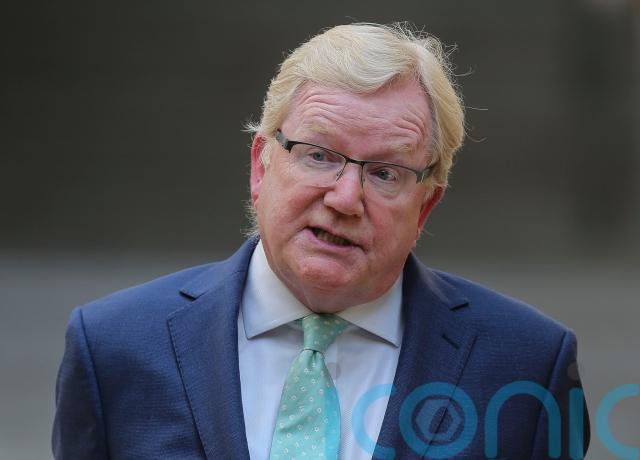
Social media is having an impact on violence involving young people – but MSPs were told dealing with the “underlying causes” of such attacks is “more important than being preoccupied with social media”.
Susan Batchelor, a senior lecturer in criminology at the University of Glasgow, made the comment as she gave evidence to Holyrood’s Public Petitions Committee on Wednesday.
With MSPs considering a petition calling for the Scottish Government to “address the disturbing culture of youth violence in Scotland”, committee convener Jackson Carlaw reflected on a “deeply distressing” and “chilling” meeting they had with some young victims of crime in the Milton area of Glasgow.
He said: “We heard about the way that violence is organised by appointment, people being lured to a place where others have been gathered with videos on their phones to record the violence that takes place.”
Recordings of attacks are posted online “almost with impunity”, Mr Carlaw added, saying those who put such footage on social media feel “there is no recrimination that is going to follow”.

He said two of the people the MSPs met had been left “in such an appalling state that those who found them weren’t sure they would survive”. They did survive, but Mr Carlaw said they had been left with “enormous trauma”.
Dr Batchelor told MSPs: “It’s really important to not see social media as the key issue here.”
While she accepted social media, and the ability for attacks to be “broadcast so quickly” is having an impact, she stressed: “Actually dealing with the underlying causes of violence is more important than being preoccupied with social media.”
She told the committee young people could become involved in violence at “around the age of 12 or 13”, though generally that violence “is not serious”.
Fellow Glasgow University expert Fern Gillon told the committee that “changes in youth culture”, including access to technology and social media, are “changing the dynamic of violence”.
She said: “Rivalries can be extended because of social media, incidents of violence can be amplified because they are viewed, and that creates a sense this violence is all around and it is consuming communities.”
Dr Gillon said this could see young people “more likely to join gangs or potentially carry weapons to keep themselves safe, because the perception of violence is amplified”.
But she added: “It is more complicated than to say social media is causing violence, that young people are driven by social media.”
She said violence involving young people is “concentrated in areas of social deprivation, where young people, communities and families are experiencing a range of other social harms”.
Dr Batchelor said: “It’s really important to acknowledge that the vast majority of violence that occurs in Scotland is not perpetrated by children and young people, it is perpetrated against them often, or it is perpetrated by adults against each other.
“The vast majority of young people are not engaged in violent behaviour.”
She told Mr Carlaw the type of cases he had referred to “certainly do exist” and added she does “not wish to minimise the seriousness of youth violence that is occurring in Scotland now”.
But speaking about the issue of youth violence, she said it “involves a minority of young people and the research evidence suggests it is concentrated in particular communities”.
Subscribe or register today to discover more from DonegalLive.ie
Buy the e-paper of the Donegal Democrat, Donegal People's Press, Donegal Post and Inish Times here for instant access to Donegal's premier news titles.
Keep up with the latest news from Donegal with our daily newsletter featuring the most important stories of the day delivered to your inbox every evening at 5pm.